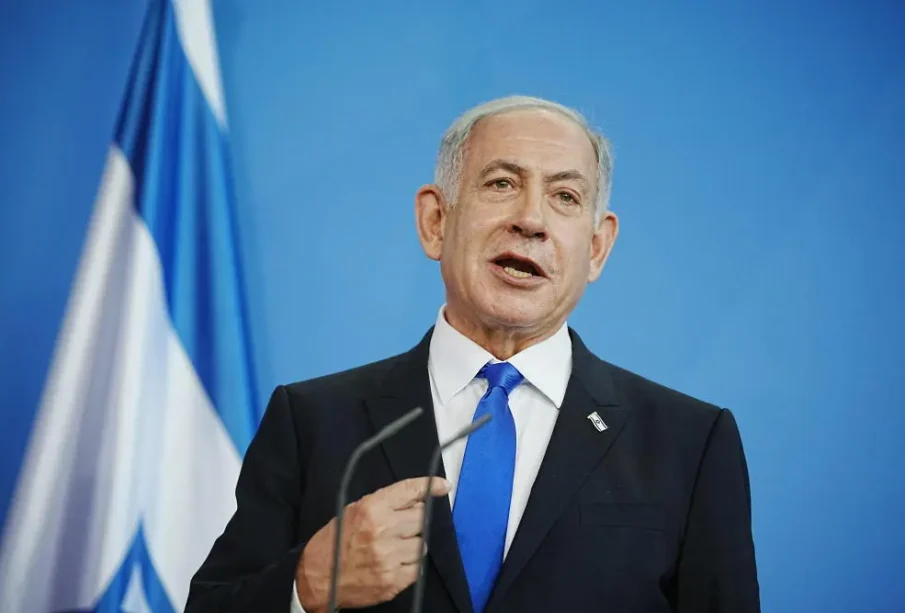Understanding Netanyahu’s Impact on Israel’s Politics

Introduction
Benjamin Netanyahu, a prominent figure in Israeli politics, has been serving as the country’s Prime Minister for multiple terms since the late 1990s. His leadership is significant due to the impact of his policies on both domestic and international fronts, especially amid ongoing conflicts in the region. As Israel navigates complex challenges, Netanyahu’s decisions often take center stage in political discussions.
Recent Developments
As of 2023, Netanyahu’s government has faced both criticism and support for its handling of various issues, including security, economy, and foreign relations. The ongoing tensions with Palestine and the recent escalation in violence have reignited debates over his administration’s strategies. Netanyahu’s approach to national security, particularly in relation to Hamas, continues to be a focal point.
In recent months, the Israeli Parliament has seen significant political maneuvering, with Netanyahu’s coalition working to solidify its position amidst rising opposition. Legislative reforms proposed by his administration have sparked public outcry and protests, primarily concerning judicial reforms seen as impacting the independence of Israel’s judiciary.
International Relations
Netanyahu’s foreign policy has characterized his tenure, especially in the context of Israel’s relations with neighboring countries and global powers. Recently, there has been a renewed focus on normalizing relations with Arab nations, building on the Abraham Accords initiated during the Trump administration. These diplomatic efforts aim to foster peace and economic ties, though they remain complicated by the Israel-Palestine conflict.
Conclusion
Benjamin Netanyahu’s influence over Israeli politics and policies cannot be overstated. His continued leadership amid ongoing controversies and challenges reflects a pivotal point in Israel’s political landscape. As elections approach and socio-political dynamics shift, Netanyahu’s decisions will play a critical role in shaping the future of the nation. Observers and citizens alike remain watchful of how these developments will unfold, particularly in the context of peace efforts in the region.









